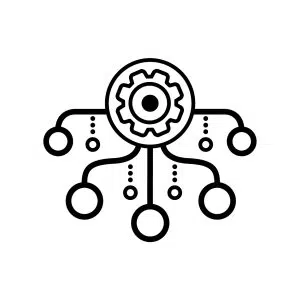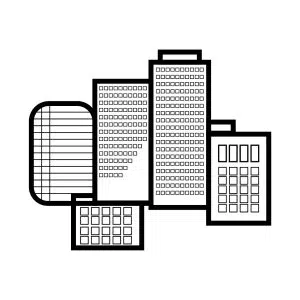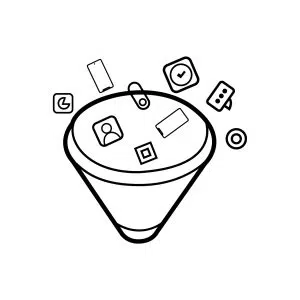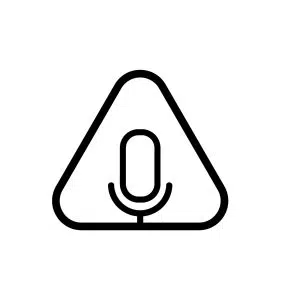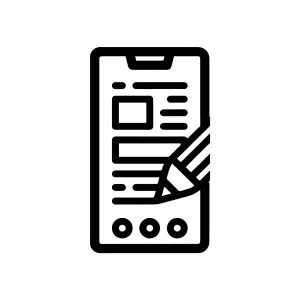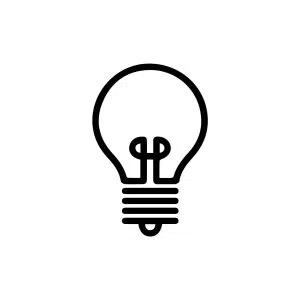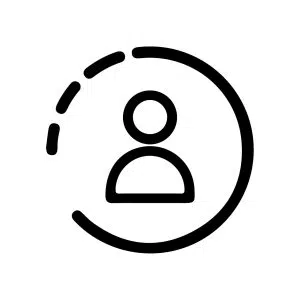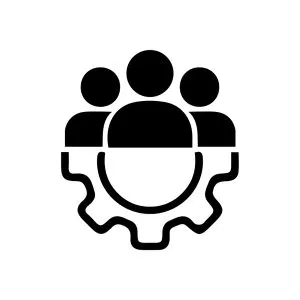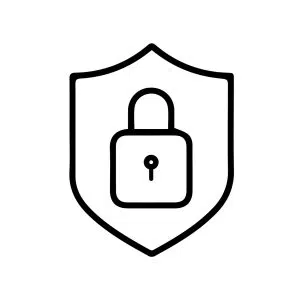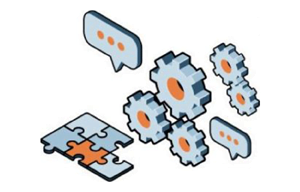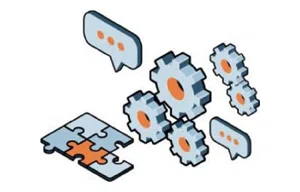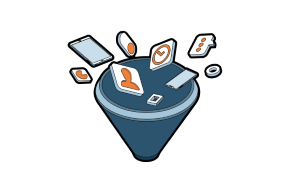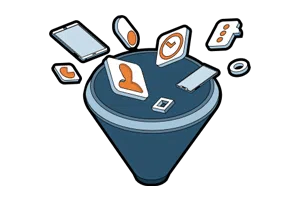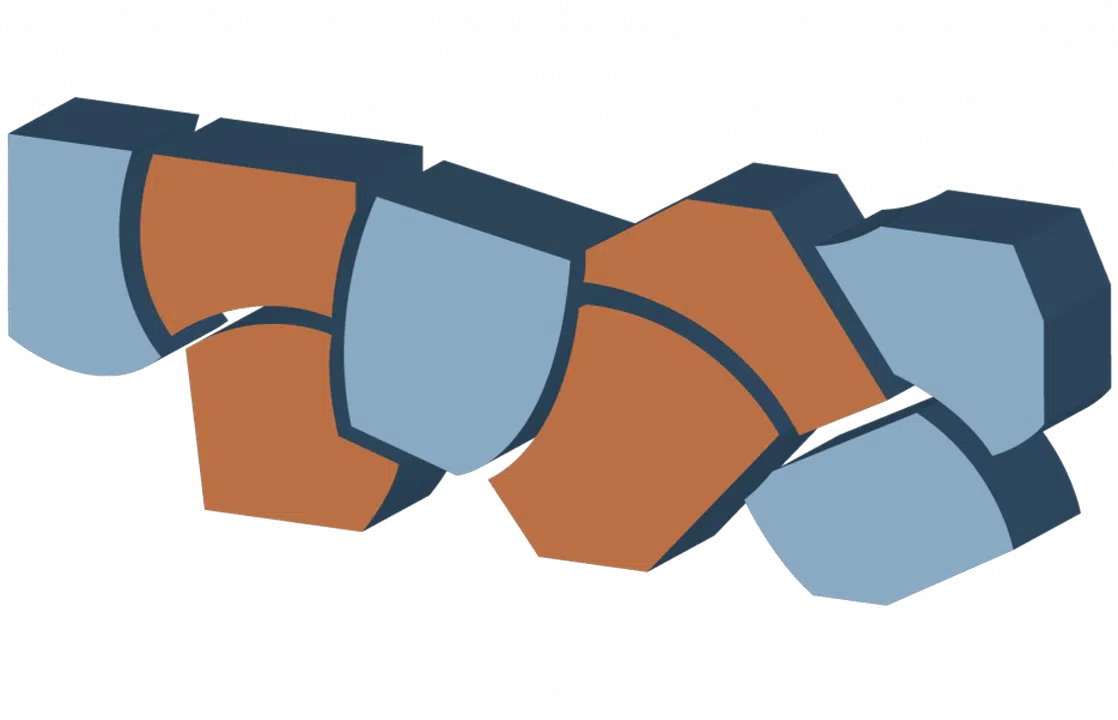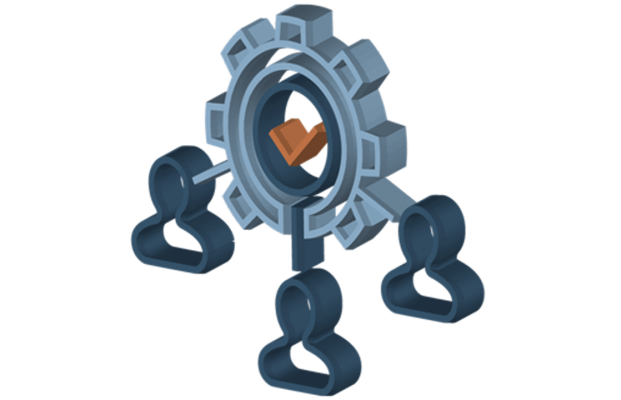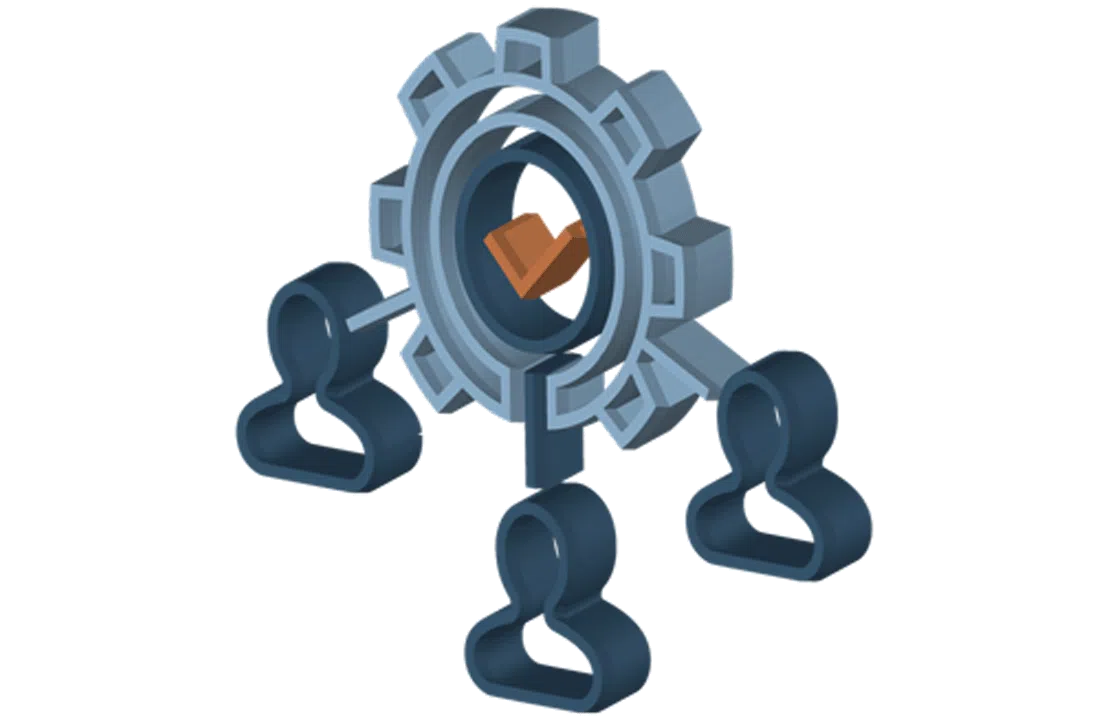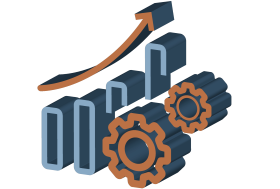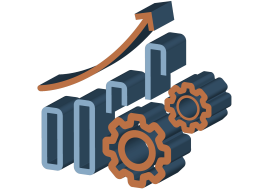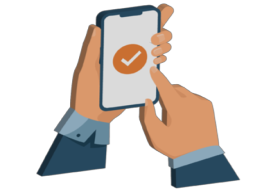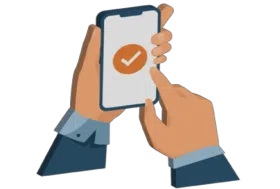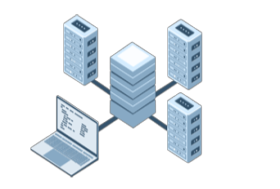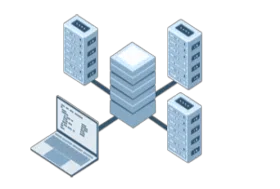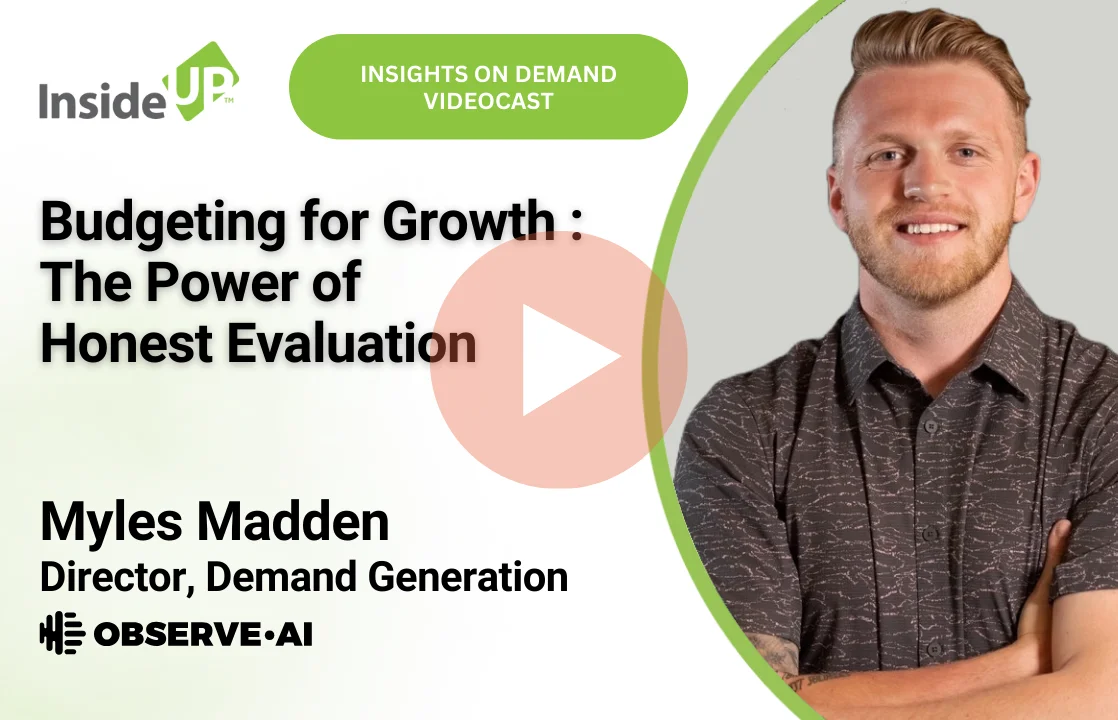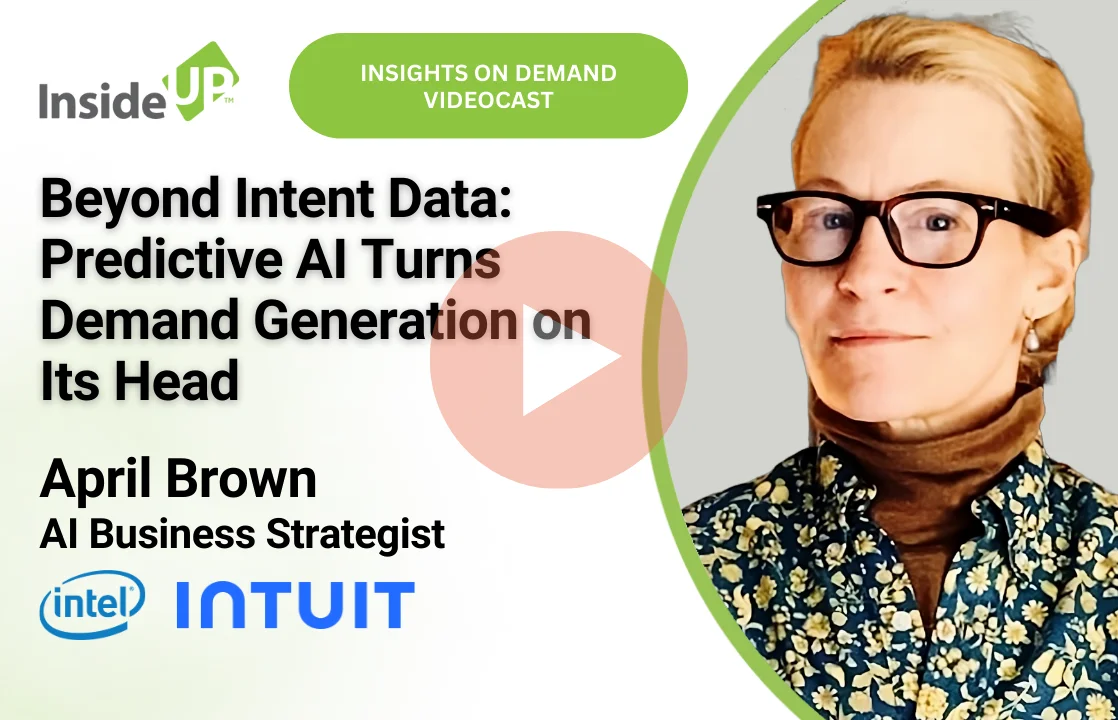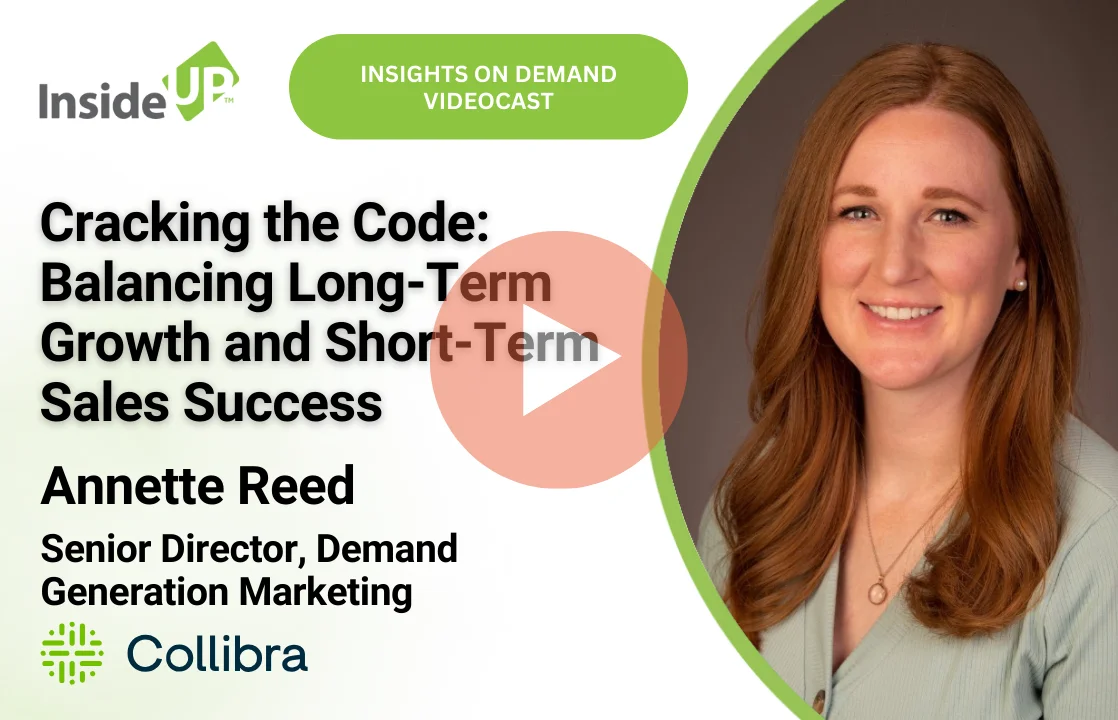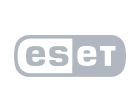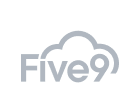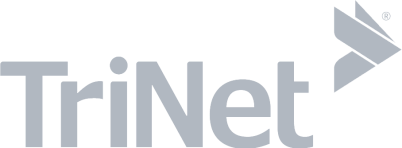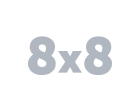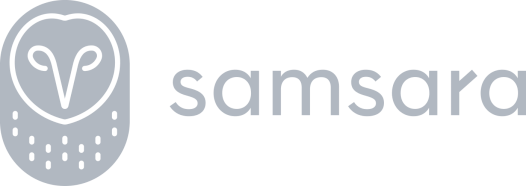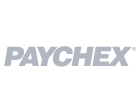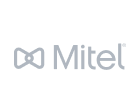
Many aspects (such as trade show marketing, executive retreats and in-person sales visits) of the B2B sales process have radically changed in 2020 while other things, like data-driven marketing and the importance of process metrics like “conversion rate” , how to increase sales, have continued on strongly. But the term “sales conversion rate” can mean many things in business. In marketing, it can refer to the number of prospects you qualify and pass to sales. Or the number of prospects that clicked your call-to-action on a particular landing page.
However, here we’re talking about sales conversion rates, and specifically, the number of marketing qualified leads (MQLs), which are passed to sales and then converted into paying customers.
The higher your sales conversion rate, the faster you’ll grow revenue and your business in general. With new technology that tracks intent data and agencies that specialize in demand generation and lead qualification, more companies are partnering with external agencies.
However, sales and marketing leaders still hold a vast spectrum of opinions about the best ways to increase sales conversion rates. So, we went out and asked experts in the field their opinions on the matter and here is what they told us:
Jon Bahl, CEO at Agile Recovery
“ We’ve seen great shifts in the sales process and buyer journey over the past few years. The days of solely pounding prospects with sales cold calls are gone. Today’s consumers want to engage with you in a digital way. It’s no longer a one-way conversation. Plus, two-thirds of the buyer’s decision-making process is already complete by the time they engage with a vendor.
“Adapting to these new trends was, and still is, painful for many sales organizations as they’ve had to leave behind traditional tactics. Today, it’s all about forming rapport and trusting relationships with prospects. It’s not a hard sales pitch. Rather, sales must work closely with marketing to ensure they receive highly qualified leads to reach out to. I would rather have ten highly qualified leads than 100 mediocre leads that may be a good fit. Conversion rates rise when sales can speak to leads with a displayed interest and intent to buy.”


John Giunta, Vice President of Marketing at Swag.com
“When marketing personalization and sales automation emerged, everyone rushed to adopt it. But the difficulty with scale and true 1:1 personalization has slowly made it obsolete. As a sort of response to this automated type of personalization, branding and brand identity have become much more important again.
“As digital-native millennials move into decision-making roles, we must understand and relate to their different preferences and buying patterns. We must build rapport and trust with them as a part of our strategies to increase sales. Buyers from this new generation are tech-savvy and don’t typically speak to anyone until they fully research a company and often have mostly made their purchase decision. We are forced to adapt quickly to keep up with these ever-evolving trends.
“So, to succeed in today’s increasingly competitive business landscape, we must get to know our prospects, understand their needs and preferences, and cater to those. We need to meet them where they are, form real relationships with them, and deliver a stellar customer experience. Only then will conversion rates rise.”
Lori Finch, Vice President of Sales at iDonate
“Given the abundance of noise and content in the marketplace, it is harder and harder to stand out using traditional sales tactics. To increase conversion rates, we’ve found that the greatest success, and the highest conversion of opportunities, comes from knowing our target client’s challenges inside and out, hiring people who speak the right language and are focused on building relationships and not just completing a transaction.”
“In addition, great salespeople know how to engage the right individuals at the right time within the organization to help the organization decide. The best people on my team partner with our prospects from the start to the end of the sales cycle and provide coaching and expertise throughout the buying process. Given the investment of time in the process, it’s vital that only high-quality leads are moved forward and pursued.”


Scott Wesley, Sales Expert, Thought Leader, and Consultant
“Today’s consumers do loads of research online before they engage with a vendor. Based on that research, they enter the buying process with preconceived notions around what they want and need. However, salespeople implementing strategies to increase sales revenue often make the mistake of focusing solely on solving for those preconceived needs. They don’t take the extra step to fully understand a prospect’s use case, true needs, challenges, goals, etc.”
“Salespeople must become industry experts who can help prospects identify needs they didn’t realize they had. Sales must be a partner and advocate for the prospect, with a full understanding of their budget, timeline, key stakeholders, demographics, etc.”
“The days of the ‘quick win’ are over. Instead, salespeople need to provide prospects with a view of what long-term success would look like if they become customers. Ultimately, increasing conversion rates is possible when sales stops shooting for the quick win and instead focuses on forming relationships—based on genuine trust and rapport—that will last for decades. That’s where real, sustainable business growth is born.”
There you have it, several perspectives in sales and marketing taken from various practitioners and consultants we have talked to recently. What’s your take – how do you see these emerging trends in personalization and engagement affecting your work in demand generation?
Let’s discuss in the comments section below.
InsideUp, a leading demand generation agency, has over a decade of experience assisting technology clients, that target mid-market and enterprise businesses, by meeting and exceeding their key marketing campaign metrics. Our clients augment their in-house demand generation campaigns (including ABM) by partnering with us to build large sales pipelines. Please contact us to learn more.


